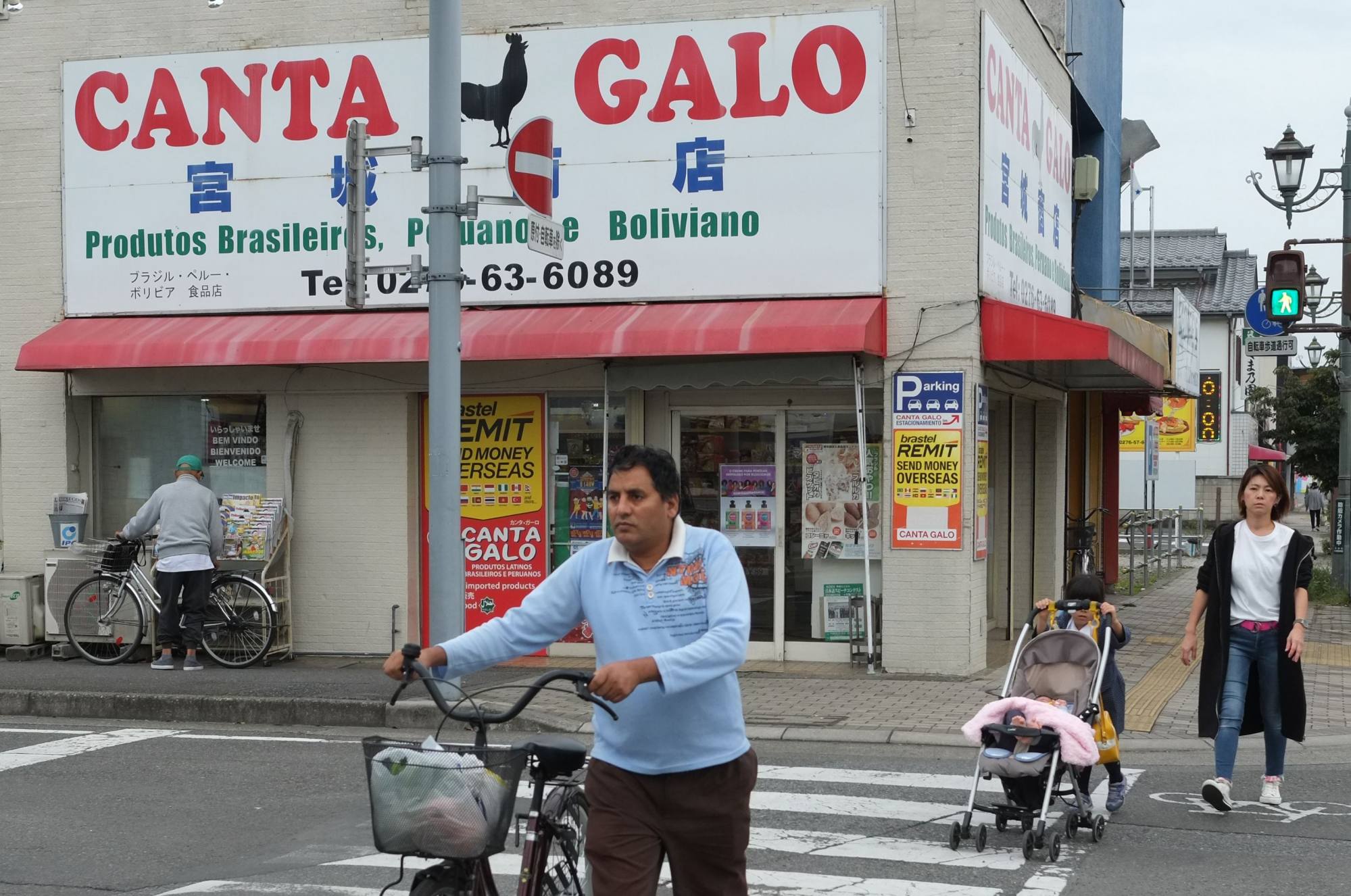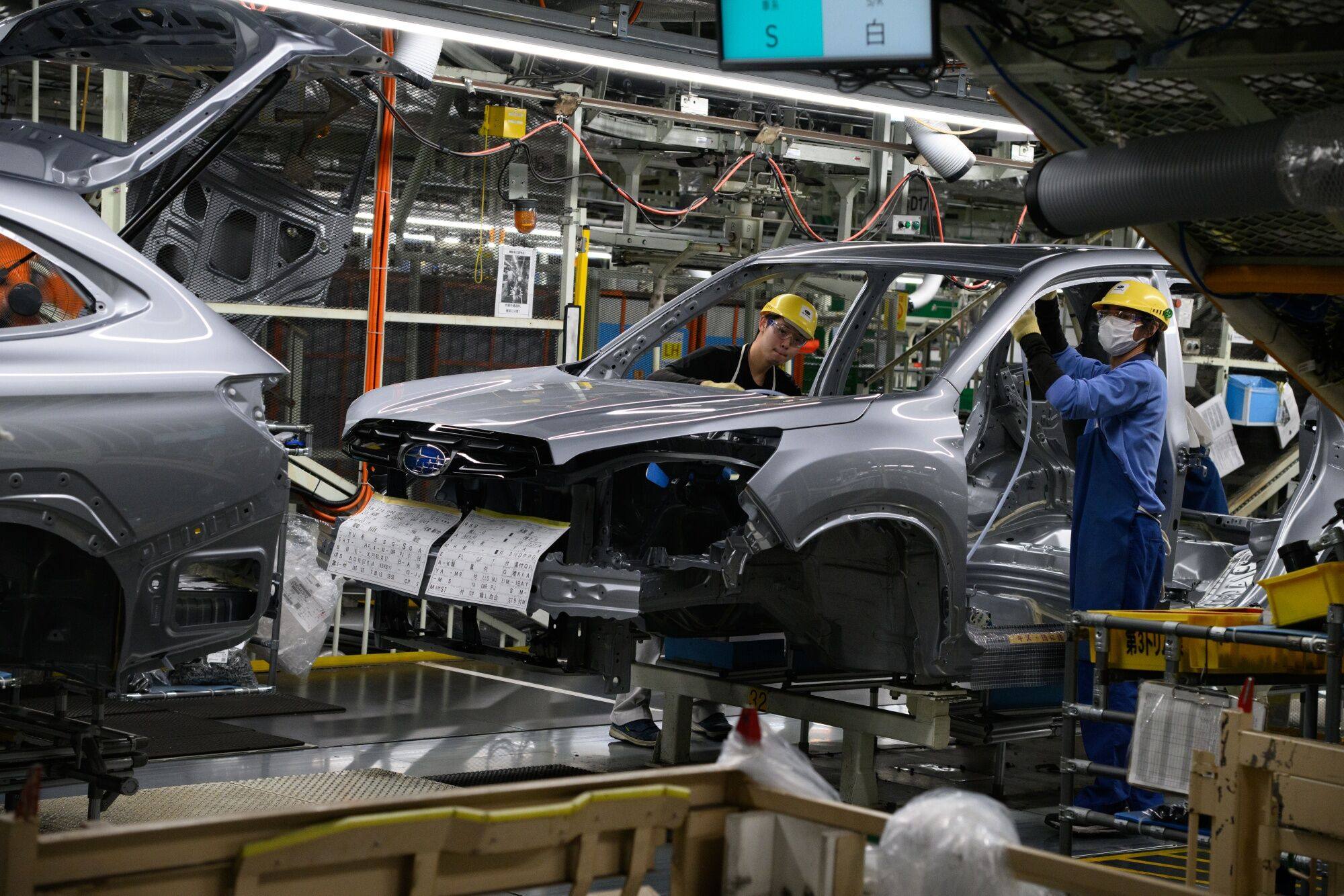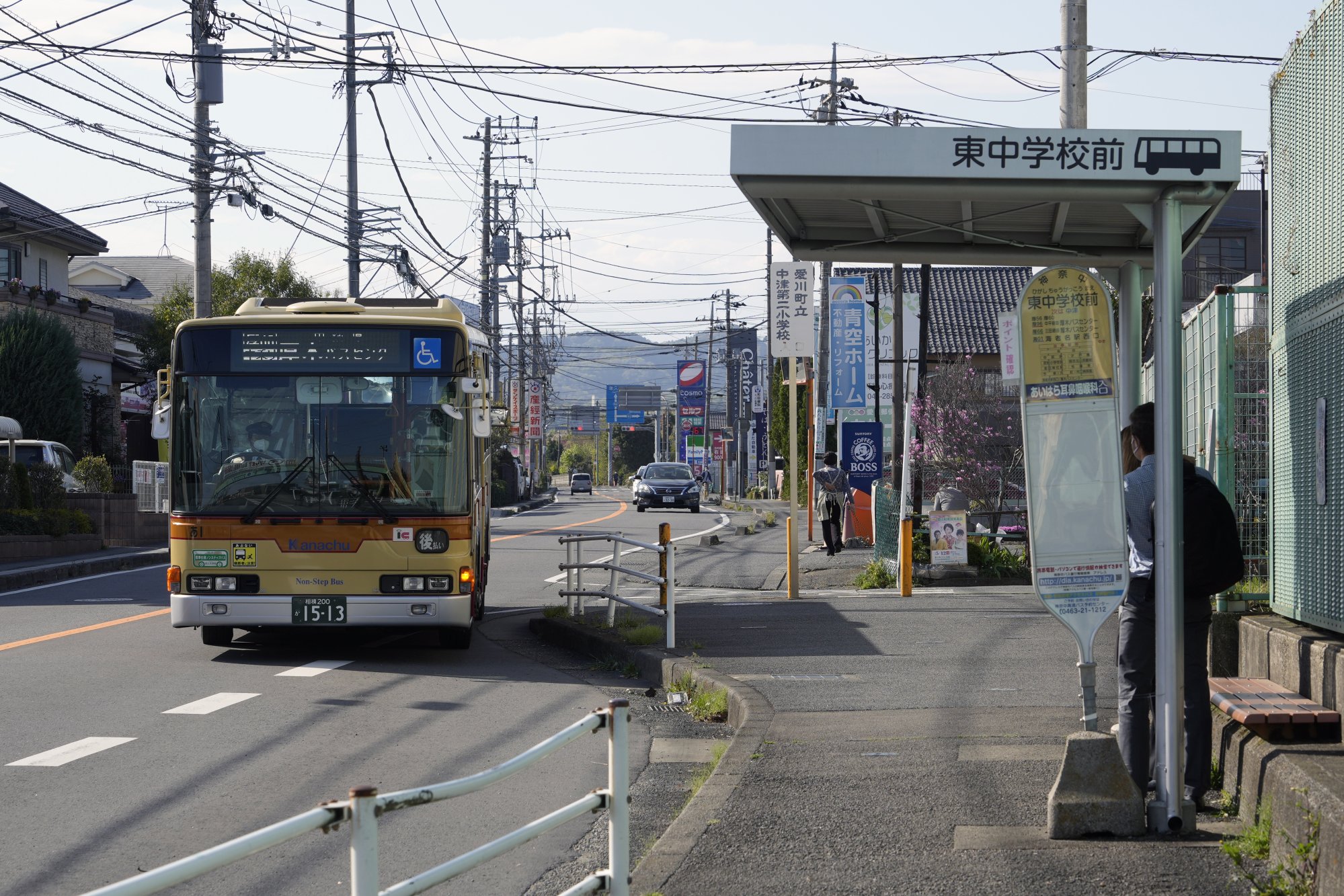
More Japanese open to foreign workers as labour crunch bites, despite concerns of ‘different values’
- Over 60 per cent of respondents to a survey supported granting more visas to skilled workers, compared to 44 per cent in a 2018 poll
- A labour shortage and more exposure to tourists have helped change perceptions, but some still urge caution to limit impact of a foreign-worker influx
The Japanese public appears to have come around to the conclusion that more foreign workers are needed to keep the country functioning, with a new poll indicating 62 per cent of respondents support the government’s policy of granting more visas for skilled personnel.
That figure is up significantly from just 44 per cent the last time the Asahi newspaper conducted a similar public opinion poll, in 2018.
Yet there is still resistance to greater immigration in some circles, with conservatives expressing concern over an influx of foreign nationals with “different values” from Japanese people.
Japan’s reliance on foreign workers increases amid deepening labour shortage
“Japan has traditionally been very welcoming to foreign people, and we prospered because we learned new technologies and skills from European and other countries in the Meiji era, enabling Japan to become an industrialised nation,” said Ken Kato, a politically conservative businessman from Tokyo.
“But I believe we should choose very carefully with the people who come to Japan in the future,” he said. “We need skilled workers, but we do not need people with radical ideologies who will try to change our society and cause problems.
“We do not want to repeat the mistakes that European countries made with unrestricted immigration.”
The Asahi poll, conducted between February and April and released on Monday, showed that 29 per cent of those taking part remained opposed to the government relaxing rules on visas, down from 46 per cent in 2018.

A shift to greater acceptance of foreign workers was recorded across all age groups but was, perhaps surprisingly, most pronounced among older people. Among those aged 70 or older, the rate went from 38 per cent six years ago to 62 per cent in the most recent survey.
Among people in their teens and 20s, the rate climbed more moderately, rising from 60 per cent in 2018 to 66 per cent in the latest survey.
Nearly 600,000 are on visas linked to their profession or technical skills, such as in business, law, research or medicine, with another 412,000 on technical internships visas.

About 27 per cent of workers were employed in the manufacturing sector, followed by nearly 16 per cent in the service industry and 12.9 per cent in the wholesale and retail sector.
“The public better understands the labour shortage that Japan is experiencing and that is the reason we are seeing this sharp difference from 2018,” said Masataka Nakagawa, a senior researcher with the government-run National Institute of Population and Social Security Research.
“The most dramatic changes came during the pandemic, when the problems associated with labour shortages could be found across all sectors of Japanese industry,” he said.

The transport sector has been particularly hard hit as new regulations came into force this month limiting the number of overtime hours bus, truck and taxi drivers can work behind the wheel.
Staff shortages, however, are being felt in everything from hotels to hospitals and retirement homes, restaurants, retailers, the tech sector, manufacturing and construction.
Hard-pressed workers in the service sector would welcome the assistance, said Issei Izawa, who works for a high-end hotel chain in Tokyo.
“We are having to work longer days and getting fewer days off because the company cannot secure enough staff,” he said. “It has been a busy year already because foreign tourists are returning in large numbers and we have been told that Chinese tourists will soon start arriving in large numbers, so we need even more help.”
If we let in large numbers of low-skilled workers then that will have a negative impact on the wages of Japanese people
“I am having trouble arranging a few days off for my own holiday later in the summer because we are already short-staffed, so foreign workers would be very welcome in the hotel sector here,” Izawa added. “And from friends who are in other jobs, I think they would also be completely open to the extra help.”
Population researcher Nakagawa believes that public perceptions have become more open to foreign workers as a result of Japanese people being more exposed to overseas tourists in recent years and finding the experience less alarming than they might have anticipated.
But he agrees that caution needs to be exercised to limit the impact of an influx of foreign workers.
‘Overwhelmingly young’: Japan visa changes may fuel worker immigration
“We have to be careful as if we let in large numbers of low-skilled workers then that will have a negative impact on the wages of Japanese people in that sector,” he said. “On the other hand, there is strong demand at the moment for semi-skilled workers, such as in the care sector, so more visas would help alleviate those shortages.”
The challenge, he said, would be for Japan to hit the sweet spot of issuing sufficient visas to meet the labour shortfall while not allowing too many arrivals, as that could unbalance society and cause friction with local residents.
Kato, on the other hand, is adamant that Japan does not need more workers over the long term.
“Japan may be short of workers right now, but AI, robotics and other advanced technologies are making quick progress, so there will be no need for people to do those jobs in 10 or 20 years,” he said.
“Businesses say they are desperate for staff now, but that will not last, and I feel that inviting more workers into Japan now is a short-sighted policy.”

